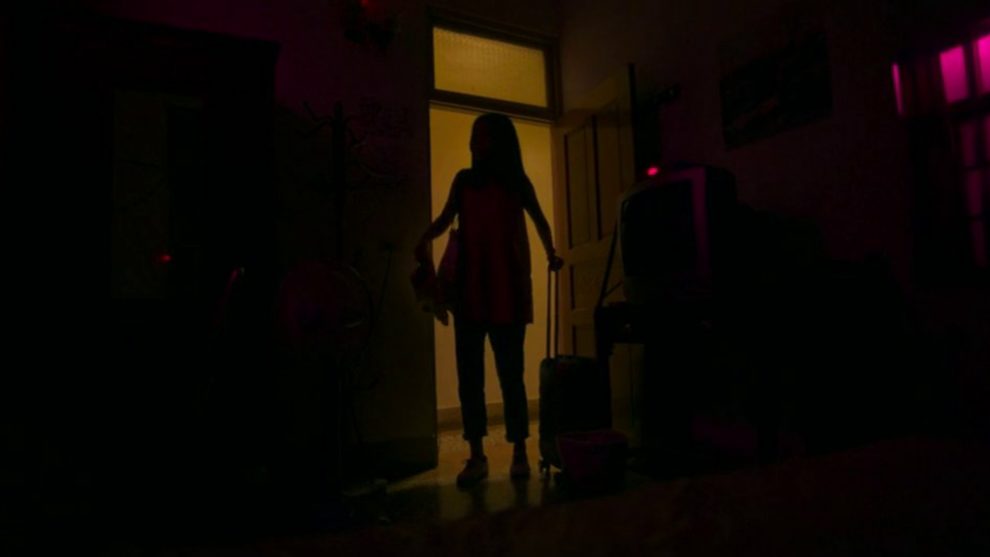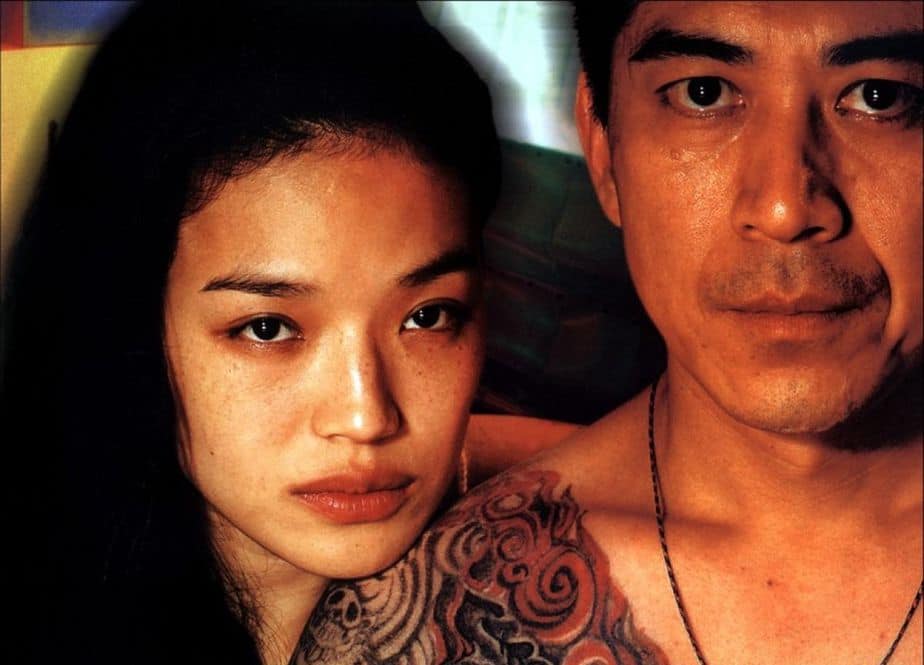Chen Yu-Hsun is one of the most under-discussed directors of the Taiwanese New Wave. His 1995 debut “Tropical Fish” is widely considered to be one of the most important Taiwanese films of the decade. Apart from being a director of comedic films, Chen is also known for his directions of television commercials. Many of the most popular commercials in local television over the past two decades are his creation. His latest film, “My Missing Valentine”, received 11 nominations at the 57th Golden Horse Awards, winning 5 of them, including Best Feature Film, Best Original Screenplay and Best Director.
“Cosmopolitan” is screening at San Diego Asian Film Festival

The story revolves around Yang Hsiao-Chi, a Post Office employee. She is a bit of a loner, a trait that arises from the fact that she is a little faster than the people around her. During group singing performances, she starts singing a little too fast. In races, her attempt to win begins a moment before the gunshot. She always sets an alarm to wake her up at the time of her work. Nevertheless, she manages to open her eyes a second before the alarm rings. She is almost 30 years old but has never been in a relationship. In the post office, she deals with customers in a boring job and feels jealous of the pretty younger woman working at the next counter. One evening, she comes in contact with a handsome man out of nowhere and soon manages to plan Valentine's day with him. However, she wakes up the day after Valentine's day, with the entire day vanished from her life.

“My Missing Valentine” is a contrasting movie, in more ways than one may imagine, encompassing the narrative and the making of the movie. It is inspired by Jean-Pierre Jeunet's iconic “Amelie”, with Patty Lee's Yang Hsiao-Chi inheriting the good-natured girl aspects from Audrey Tautou's Amelie Poulain. The Post Office employee is painfully shy and has regular bizarre yet cute fantasies. She even, in either a homage or a reflection of Amelie, wears the cap of a matchmaker. There are differences, and they make her character interesting rather than looking like a rip-off. Her relationship with her parents seems to be quite good, and her saccharine nature is often veiled by attempts at jokes and shut-offs. The beauty of the character and the film is enhanced by carefully created fantasy arrangements, often of unimaginable circumstances. At one of the charming points of the movie, in the middle of one of these fantasy sequences, Yang is instructed to say hello to a gecko on the wall. Bewildered, she does what is told and the wave of the hand is returned by the creature.
The captivating charm of the movie is deeply rooted in the concept of time as a catalyst for change. It is not “Groundhog Day” but in some ways, an antithesis to it. Instead of a day getting repeated over and over again, it vanishes into thin air. Both Yang and A Tai have a special relationship to time. Yang is always a tad too fast, and A Tai always a tad too slow than the average human. However, the manipulation of time in the movie is a message to the audience. It is a display of the fact that time itself is a manipulative identity that changes people. An individual shifts with time and may become the antithesis of what they once believed or a shell of what they once were. Even if they do not undergo drastic changes, transformation occurs. In the case of A Tai (and another crucial character in the film), time runs too slow to change him and his way of looking at the world. Thus he retains his same childlike expressions, actions and ideas even when becomes a full-fledged adult. Thus, he is free from the effect of time. Yang's relation with time is similarly unnatural, and perhaps it is her quickness that lets her comprehend but not fully assimilate the changes prompted by time.
Whatever reasoning may be put to justify A Tai's actions in the second half of the movie, be it his childlike reasoning, or his good nature, it fails to do so. The stalker-like inclinations of the character broaden, resulting in much of this part being highly uncomfortable to watch. The director seemingly forgets the importance of consent in the day-to-day life of a human and unfairly prioritizes the actions of one character over those of another. Even worse is the fact that the story is told under the guise of a warm romantic comedy. This leads to a disastrous and at times repulsive look on a film which has till then been captivating.
However, the flaws of the story and the character of A Tai is in no way that of the man behind it, Liu Guan-ting, who delivers a solid performance in a difficult role. No one can, however, overshadow the real star of the movie, Patty Lee, who plays Yang. Known more as a show host in Taiwan, the performance is a testament to her dedication to prove herself as an actor, and her perseverance through what was, according to her, a tough role to play. Wang Chih-Cheng handles the production design, and like his work in “Millennium Mambo”, it leads to more artistic magnificence being infused. The stylish, colourful world is captured beautifully by Chou Yi-Hsien.
“My Missing Valentine” begins beautifully and would have been a top-tier romantic comedy if not for the fundamental fault of the narrative. It is well-acted, cinematographed and stylish to its core.















